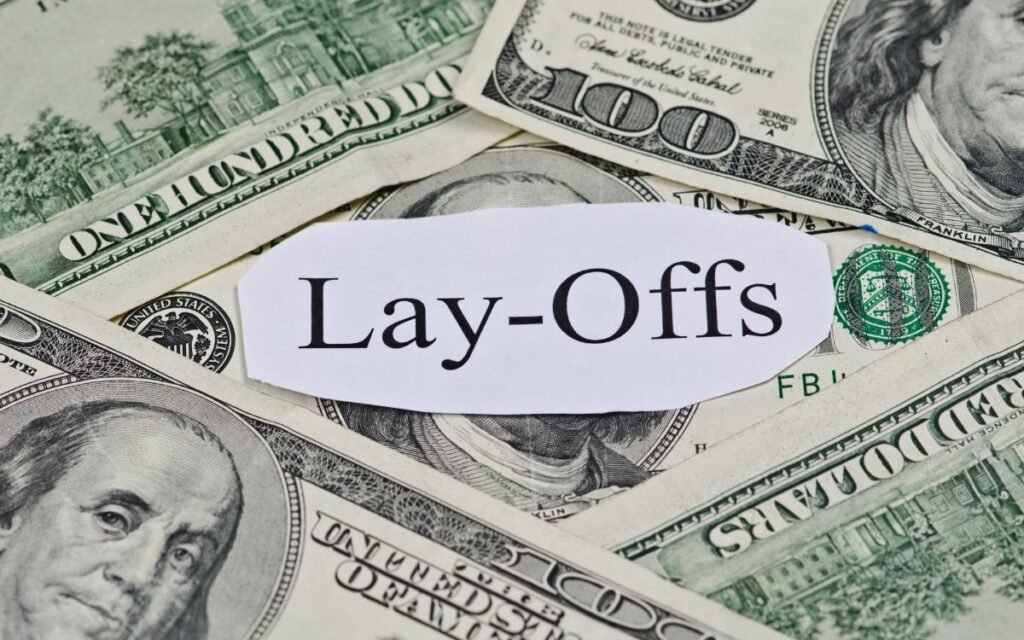BrainStorm Cell Therapeutics has chosen an unconventional route in response to its recent setback in securing approval. While the decision to lay off 30% of its workforce might seem like a conventional cost-cutting measure, BrainStorm is taking an innovative approach by framing this action as a means to expedite its return to the FDA.
The biotech, no stranger to regulatory challenges, recently withdrew its application for the approval of NurOwn, its stem cell therapy for amyotrophic lateral sclerosis (ALS). The FDA and an advisory committee had criticized the submission. Despite multiple previous rejections, BrainStorm is now gearing up for another attempt at the authorization process with renewed determination.
However, not all employees will be part of this renewed effort. BrainStorm will bid farewell to 30% of its workforce, including Chief Medical Officer Kirk Taylor, M.D., in an effort to focus solely on activities essential for addressing the FDA’s concerns about NurOwn. As of the last publicly available count, BrainStorm employed 44 individuals across locations in the US and Israel.
Also Read: September Layoffs: A Recap Of Recent Workforce Reductions In Biotech And Pharma
The biotech’s current focus is narrowed down to securing FDA approval for NurOwn, with a key component being a double-blind, placebo-controlled phase 3b trial. Additionally, BrainStorm plans to extend the study with an open-label segment and continue to publish data related to biomarkers, long-term safety, and survival from previous phase 3 trials and an expanded access program.
Specifics of the phase 3b trial are still under development. BrainStorm is actively engaging with NurOwn principal investigators, ALS experts, and a patient advisory group before meeting with the FDA. Securing funding for the trial is a critical task, with options including non-dilutive grants and leveraging its exosome technology. The biotech remains open to potential partnerships as well.
The investor response to the recent regulatory setback has been reflected in BrainStorm’s stock, which has experienced a 95% decline over six months, currently trading at just 17 cents and giving the company a market cap of $7.5 million. Despite this, the biotech had $75 million in cash as of June. The decision to reduce staff will come with a cost of $450,000 to $900,000, which BrainStorm justifies as a means to significantly reduce resource consumption and expedite its path forward.





























